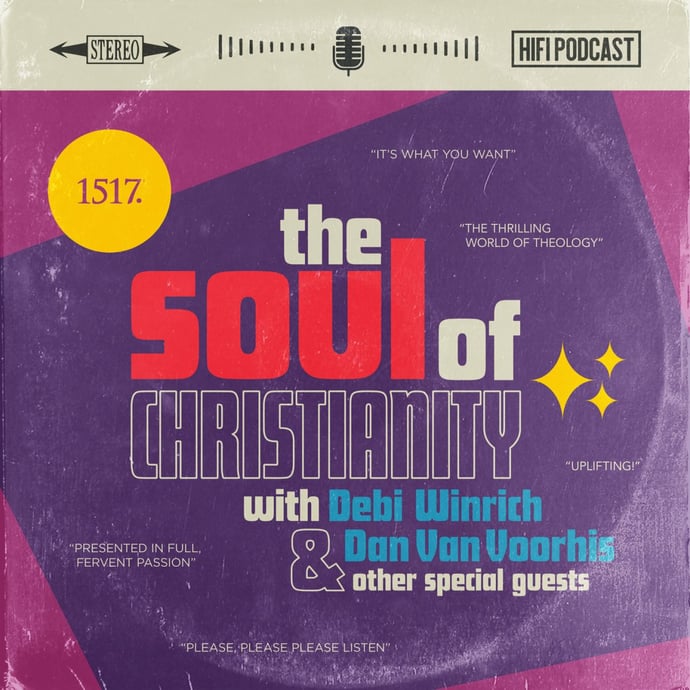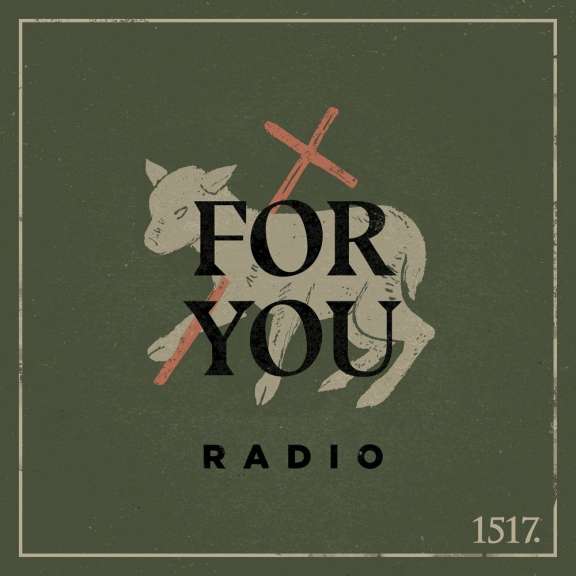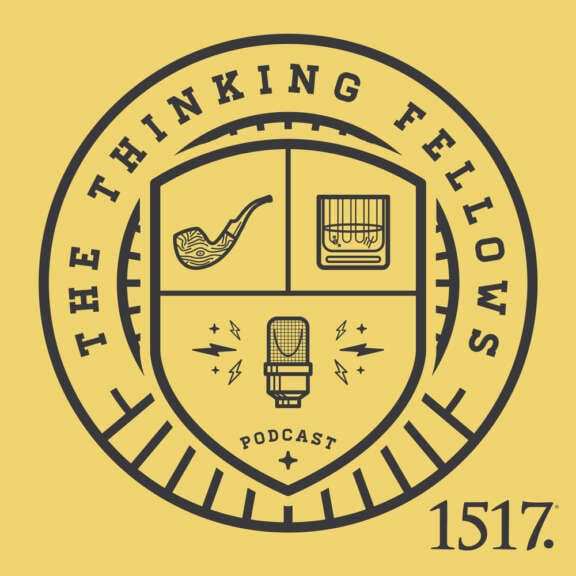In the third episode, the reverend Paul Walker outlines why we ask God "thy Kingdom come."
Podcasts
Each 1517 Podcast is dedicated to delivering Christ-centered content through weekly, monthly, and seasonal audio platforms. Listen online or on your favorite podcasting app.
Author
- All Authors
- Aaron Zimmerman
- Adam Francisco
- Amy Mantravadi
- Blake Flattley
- Bob Hiller
- Bradley Gray
- Brian W. Thomas
- Bror Erickson
- Bruce Hillman
- Caleb Keith
- Chad Bird
- Chris Rosebrough
- Christopher Gillespie
- Cindy Koch
- Craig Donofrio
- Dan van Voorhis
- Daniel Deen
- Daniel Emery Price
- Darrin Sheek
- David Andersen
- David Rufner
- David Zahl
- Debi Winrich
- Delwyn Campbell
- Donavon Riley
- Doug Klembara
- Edward Killian
- Elyse Fitzpatrick
- Erick Sorensen
- Flame
- Grant Klembara
- Gretchen Ronnevik
- Haroldo Camacho
- Jacob Smith
- Jared C. Wilson
- Jeff Mallinson
- Jeffrey Pulse
- Jessica Thompson
- Jim Nestingen
- Joel Fitzpatrick
- Joel Hess
- John Andrew Schreiner
- John Bombaro
- John T. Pless
- John W. Hoyum
- John Warwick Montgomery
- Katie Koplin
- Kelsi Klembara
- Ken Sundet Jones
- Magnus Persson
- Matt Popovits
- Michael Berg
- Michael Horton
- Nick Lannon
- Paul Koch
- Peter Nafzger
- Philip Bartelt
- Raleigh Sadler
- RJ Grunewald
- Robert Kolb
- Rod Rosenbladt
- Ron Hodel
- Sam Leanza Ortiz
- Sarah Condon
- Sarah Crowder
- Scott Davis
- Scott Keith
- Steven Paulson
- Tanner Olson
- Troy Neujahr
- Uwe Siemon-Netto
- Wade Johnston
- William Cwirla
-
In the second episode, Ken Jones explains the first petition of the Lord's Prayer.
-
In episode 1, Dan and Debi talk with Donavon Riley about Luther's exposition of the Lord's Prayer.
-
Matthew tells us how Jesus came from a proud and glorious lineage of . . . well, of prostitutes, thieves, and murderers as well as kings and prophets, all of whom happen to be God's people. Jesus reaches all the way down into our humanity so that He can fulfill everything for us.
-
Have Yourself A Very Enlightened Christmas. In this episode, an examination of the impact of the Enlightenment on the Church, especially the preaching and traditions of Advent and Christmas.
-
So what happens when you come to the lowest moment of your life and doubt that anything good can come out of it? God meets you there in His Redeemer. Craig and Troy finish up the book of Ruth.
-
It’s Christmas in Germany for Hitler. In this episode, a historical examination of Christmas in Germany during the Nazi regime, including new hymns, advent calendars, the emergence of Wotan, and Hitler’s Silent Night.
-
On Giving Tuesday 2020 the Thinking Fellows discuss stewardship.
-
Ruth is given six measures of joy and rest. Boaz does everything he can to protect her integrity and her reputation. God's blessings will fall on them both, and all people will be blessed through Him.
-
Eating a whole turkey by yourself? May we join? Hit play, grab a leg, dip in cranberry, and enjoy what some people call the greatest meeting of minds since Shane MacGowan got together with Nick Cave to record My Way!
-
A shelter from pigs on the wing... In this episode, how do Christians interface with a godless state, love our neighbors without being complicit in promoting sin, and maintain the tension between the two kingdoms?
-
You Know Who Else Misunderstood The Kingdom of God? Hitler! In this episode, we read Herman Sasse’s 1930 essay on The Social Doctrine of the Augsburg Confession and its Significance for the Present. We discuss the two kingdoms doctrine, peoples’ station in life, and the need for public discussions of natural law.



